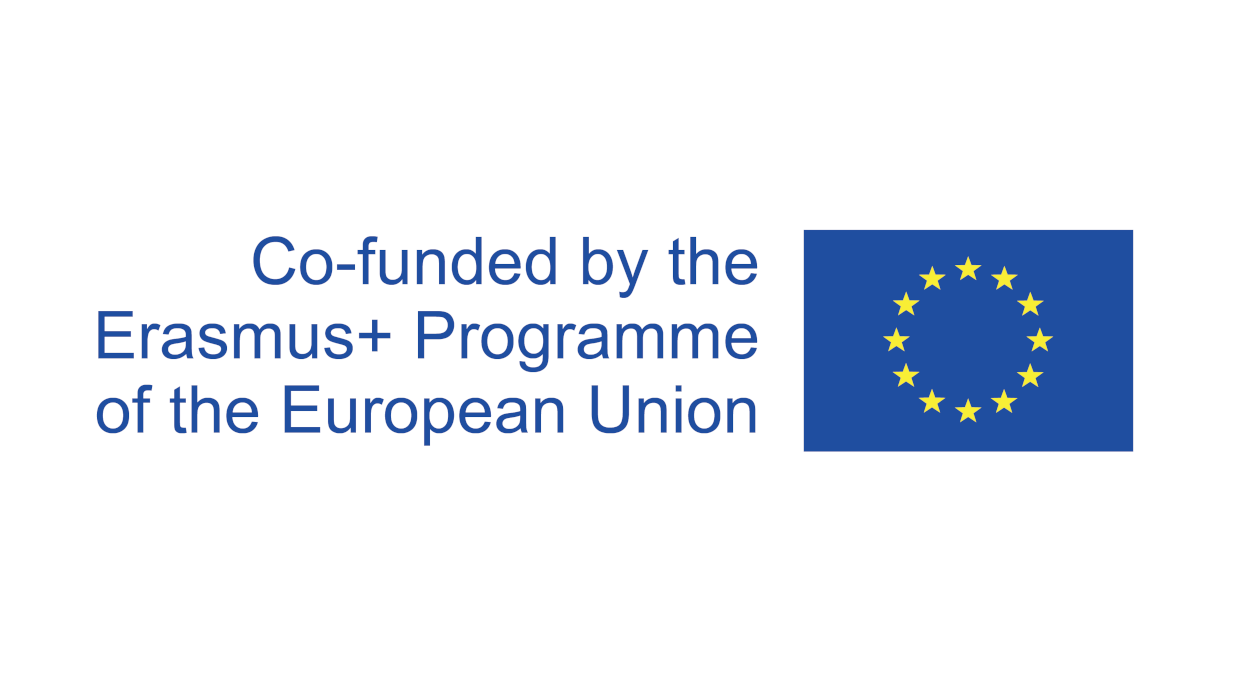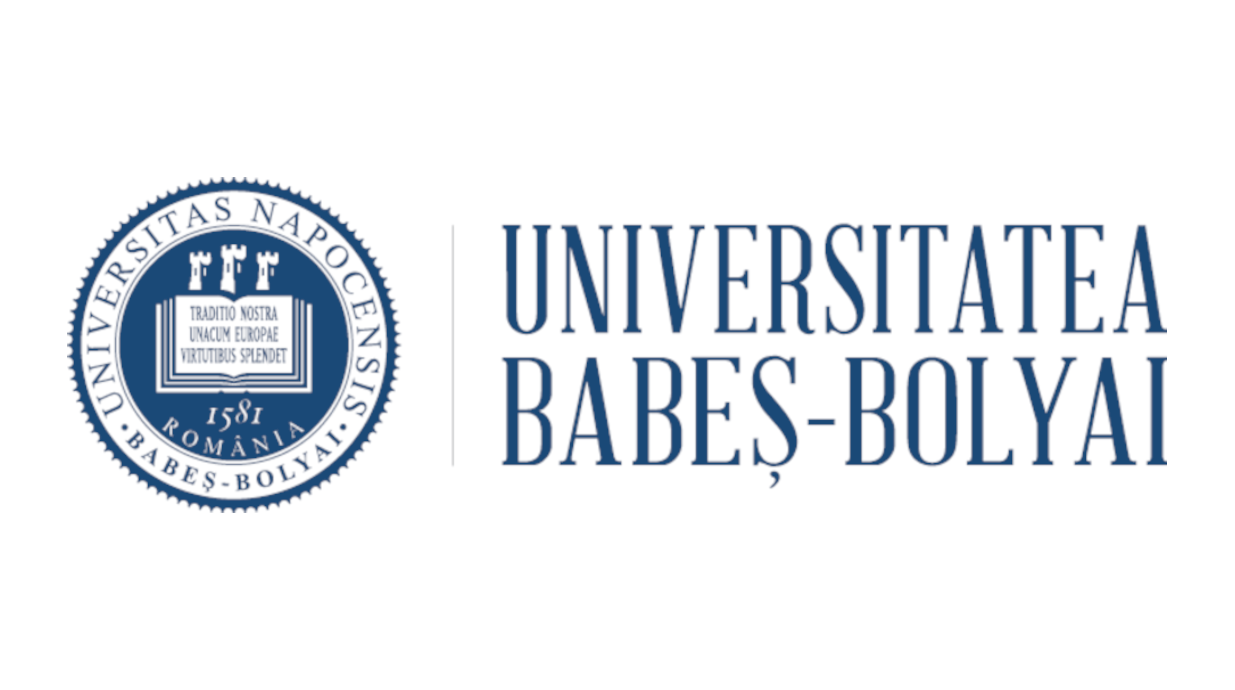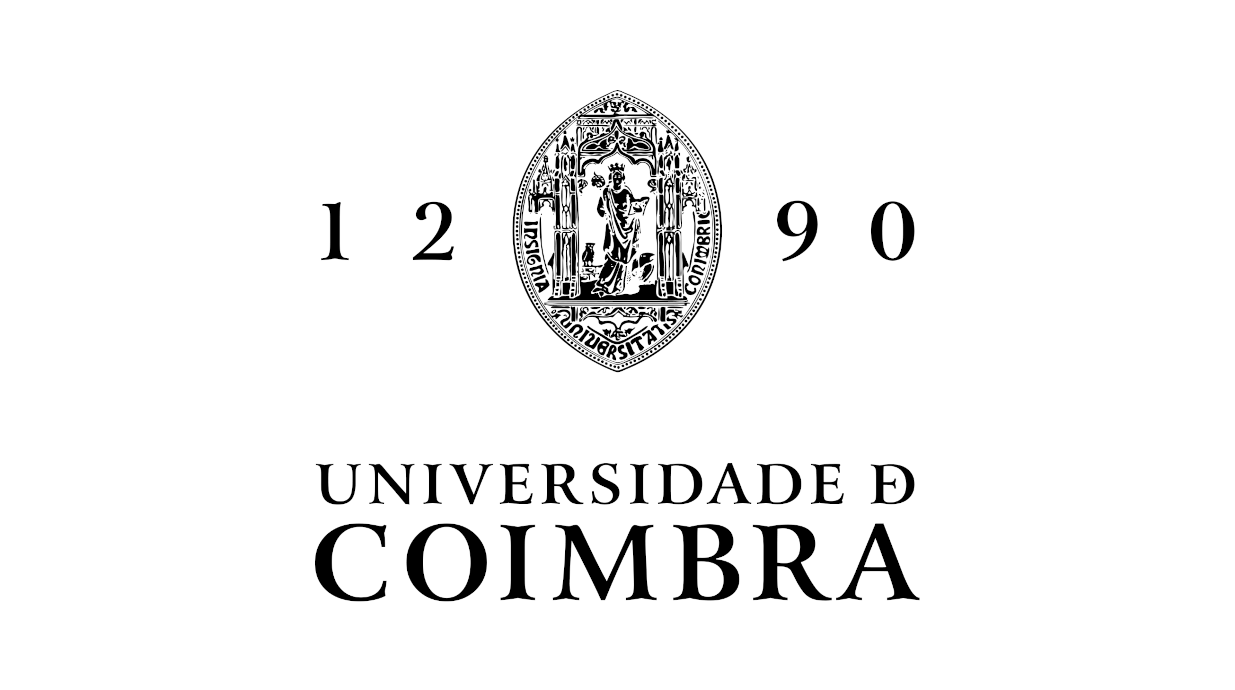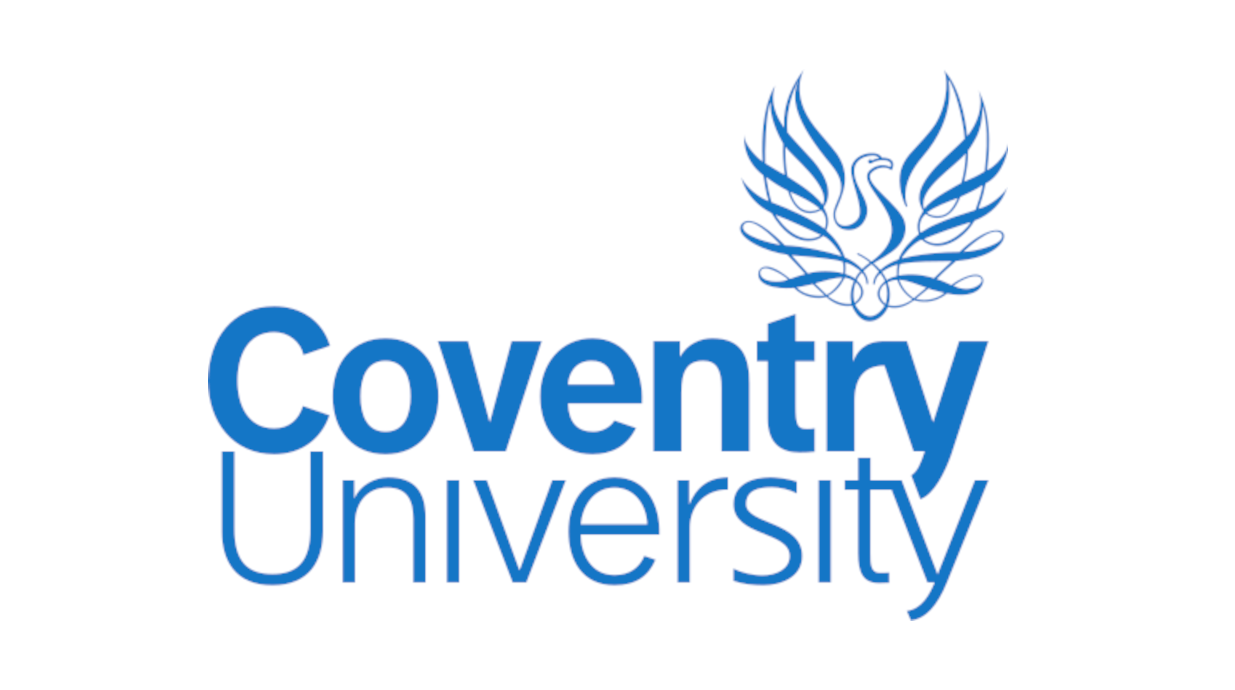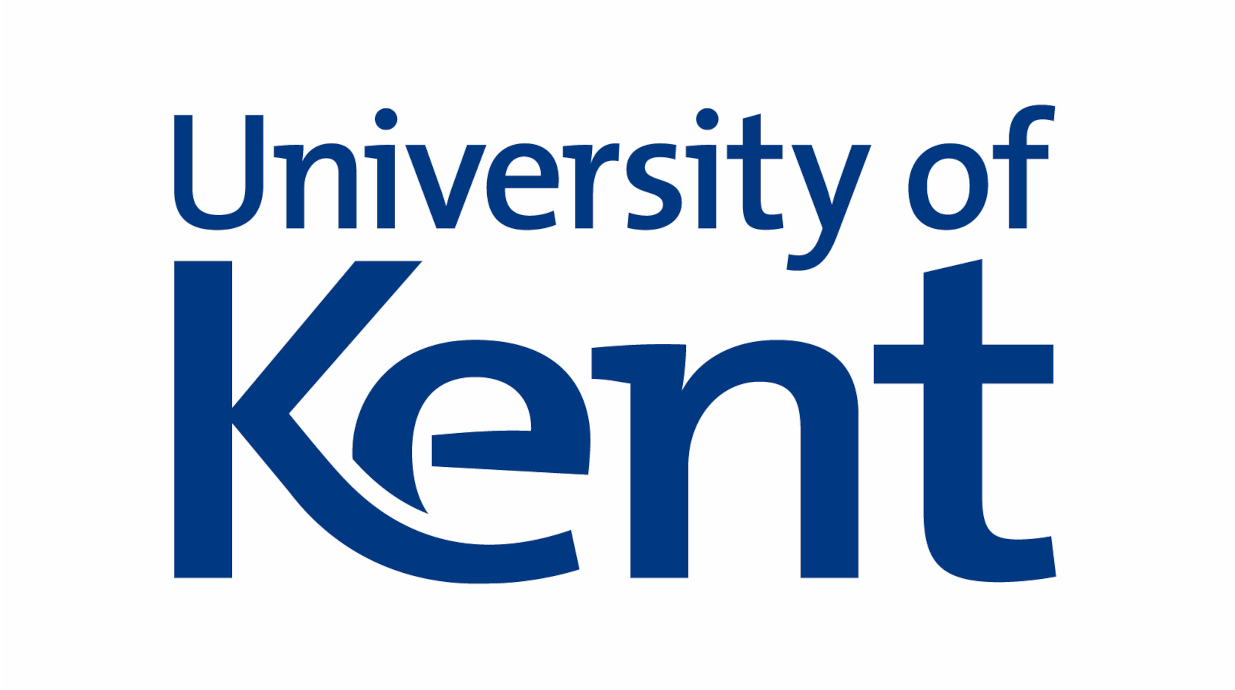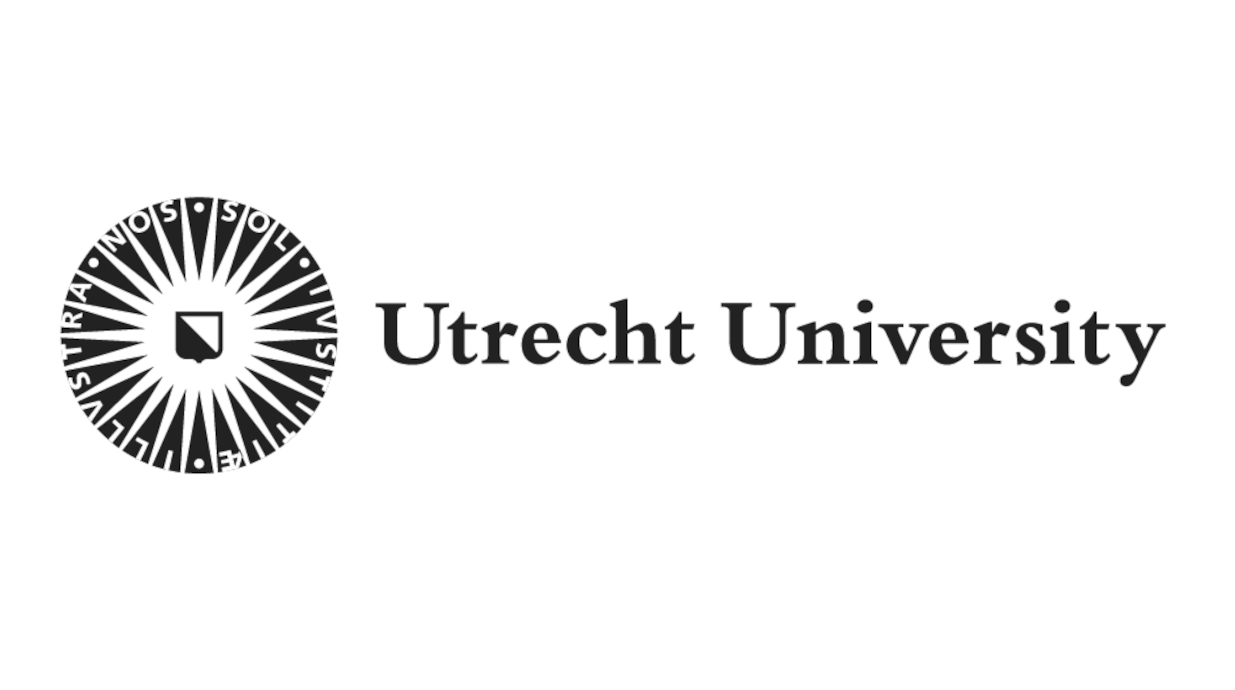Main Content
Policy Recommendations - the Integration of Work-based Learning in Academic Teaching (O6)

Duration: 02/2023-08/2023
Work Package Leader: Cluj
Team: Sergiu Mișcoiu (Cluj), Ana Pantea (Cluj), Paula Duarte Lopes (Coimbra), Maria Raquel Freire (Coimbra), Daniela Nascimento (Coimbra)
Intellectual Output 6 within the INCOPS project concentrated on formulating policy recommendations derived from an evaluation of the practical phase of the project. This output aimed to provide explicit and tailored suggestions for the integration of Work-based Learning (WBL) into Peace, Conflict & Security Studies (PCS) programs, aiming to streamline WBL implementation, enrich the quality of PCS programs, and enhance students' competencies.

INCOPS Report #6
This policy brief underscores the significance of integrating these practices into Work-based Learning models within Peace, Conflict and Security Studies, aiming to enhance the educational experience and better prepare students for the challenges of the professional sphere.
Mișcoiu, Sergiu and Ana Pantea et al. (2023) Policy Brief. INCOPS Report #6
Cluj and Coimbra led the work package for O6 in collaboration with other project partners. Previous research in INCOPS indicated the positive impact of internship experiences on academic and career-related outcomes, highlighting their value for future employment prospects. Based on these insights, the policy paper outlined several key recommendations:
- Participatory Design Approach: Advocating a multilevel participatory design model, this approach focused on involving stakeholders like students, alumni, academics, and administrative staff before and after internships. Active participation was deemed crucial for improving internship programs.
- Enhancing Learning Outcomes: Emphasizing the importance of fostering better support for students during internships by structuring relevant learning activities, encouraging collaboration, and monitoring learning processes.
- Platform Selection: Stressing the importance of selecting appropriate platforms for managing and facilitating student learning and emotional support during internships, while considering formal and informal feedback.
- Evaluation Methods: Recommending a combination of online and offline assessment methods to evaluate internship learning outcomes, suggesting a reduced emphasis on formal criteria to encourage students' reflective engagement.
- Support for Varying Student Perspectives: Acknowledging differing student perspectives on internship benefits and advocating increased faculty support for ethical approaches during internships and innovative techniques like gamification to enhance student motivation.
The policy recommendations will be disseminated both offline and online to reach a wide audience. As there is a lack of systematic studies covering practical, technical, and academic experiences of integrating WBL in the PCS field, these recommendations are considered innovative. They are anticipated to be valuable for curriculum designers, evaluators, program coordinators, and education policymakers, reflecting the project's commitment to share these findings beyond specific disciplinary or university contexts and offering practical insights for broader implementation.
---
Integration of Work-based Learning in Conflict, Peace and Security Studies (INCOPS)
Erasmus+ Strategic Partnerships, 2020-1-DE01-KA203-005661

